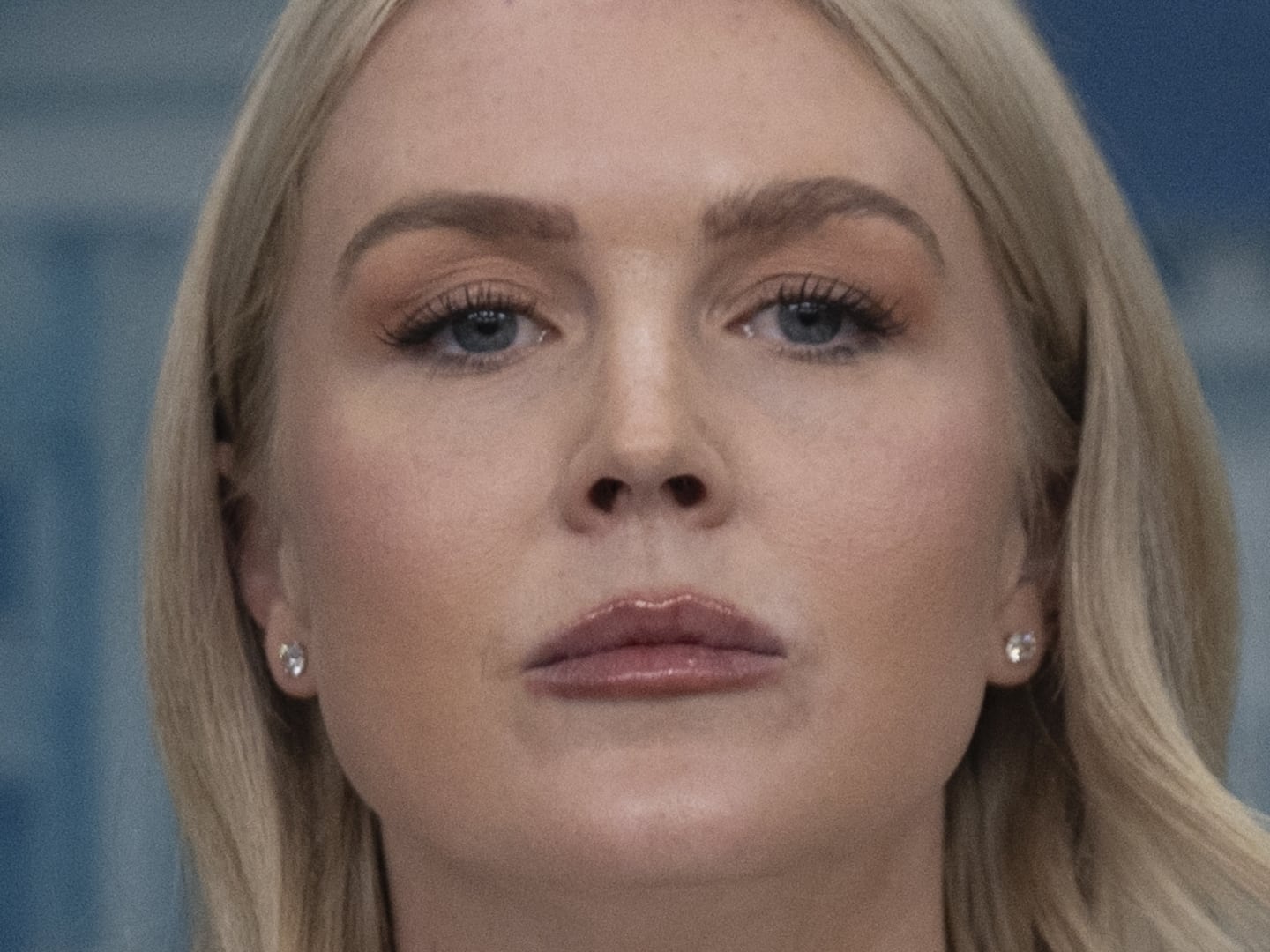A 10-year-old pregnant with her stepfather’s child will not be allowed to get an abortion because the government of Paraguay doesn’t believe that her life in immediate danger.
On April 23, the unnamed girl was reportedly checked into the hospital by her mother. She complained of stomach pains and tests showed she was already 21-weeks pregnant. Earlier this week, her mother apparently requested her daughter be given an abortion, and when it was revealed that her stepfather impregnated her, the mother was taken into custody.
Doctors requested permission to perform the procedure. In Paraguay, abortions can’t be performed in the case of rape or incest, and only if the government decides that a life is in danger. In this case they decided it wasn’t.
The Center for Reproductive Rights (CRR), an international legal advocacy organization, has been collaborating with attorneys on the ground in Paraguay to fight the decision.
“They would not consider her health as a risk to her life?” says Paula Avila-Guillen, the Latin America and Caribbean advocacy advisor at CRR, about the government’s decision. “Life is not only a matter of having a pulse."
According to CRR’s information, the girl is under 70 lbs. and delivering a child could result in “permanent damage,” not to mention psychological issues.
“No 10-year-old is ready to be a mother. That will carry trauma for her whole family,” Avila-Guillen says. The risk of complications during child birth is exponentially higher in girls under 15—according to the World Health Organization maternal mortality is the leading cause of death for adolescent girls in developing countries.
“I don’t think anybody—you don’t need to be doctor or an advocate or even understand these issues—would realize a 10-year-old with a pregnancy as a product of rape is just completely inhumane,” Avila-Guillen says.
Punishment for illegal abortions can land a doctor, or even the woman herself, in jail for more than two years. As a result, the United Nations has reported upwards of 30,000 under-the-table abortions performed annually. According to CRR, as of Wednesday, the doctors were exploring other considerations to protect her health as petitions to approve the abortion had not garnered a response from the government, despite increasing international pressure.
South America has some of the most restrictive abortion laws in the world. Abortion is against the law in all circumstances—even if a mother’s life is in danger—in Chile, El Salvador, Honduras, Nicaragua and the Dominican Republic. But CRR has worked on similar cases in abortion-restrictive countries, like Colombia and Chile, with success.
In the past, situations that garnered similar media attention have ended with the government accepting the demands of activists. But even a concession could come too late. Once a doctor decides a pregnancy is too far progressed for a safe abortion, there’s no choice but to deliver the baby. “Clearly a girl at such a young age doesn't have the capacity to be a mother. But even in cases where it’s too late, the role of advocates is to ensure some type of support,” Avila-Guillen says.
According to Amnesty International, which calls this case “tantamount to torture," the young girl has been transferred to a center for young mothers to be given neonatal care. "There is no indication that the health of the (girl) is at risk ... therefore we are not, from any point of view, in favor of the termination of the pregnancy,” Paraguayan Health Minister Antonio Barrios told CNN. "The Justice Department will determine later who will have custody of the mother and child after (the birth)."
Sadly, this case shares tragic similarities with another case being covered in local Paraguay news, of a 12-year-old girl impregnated by her father. Her stepmother saw signs of pregnancy and took her to the doctor, who confirmed it. The father is currently being held and could face 12 years in prison. What will happen to his daughter is not currently known.
“They think they’re allowing the right to life and they’re protecting basic life [with abortion laws],” Avila-Guillen says. “ But these restrictions are very harmful for women and girls—they not only affect their life, they affect their potential of the life they want to build. Access to abortion that should be granted and only discussed between women and doctors. If that had been the case she would not be in the news—she would not be exposed to all this.”






